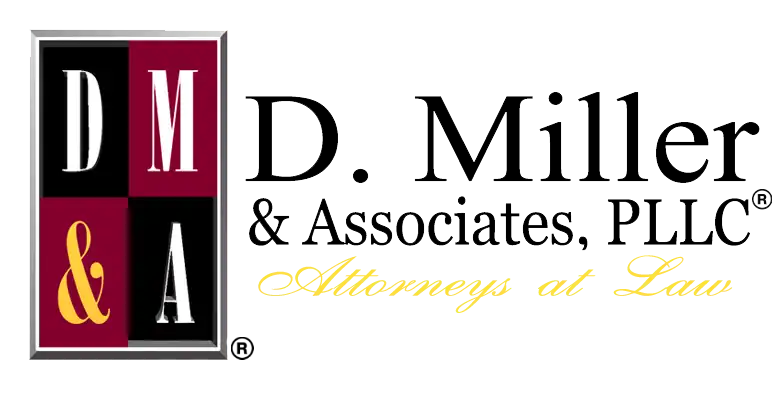To prove a wrongful death case in court, you must provide evidence that:
- Your loved one suffered a fatal injury or illness
- Someone had a responsibility to provide the victim with a reasonable level of care
- They breached that duty
- The breach directly caused the death
Families and dependents of victims can pursue wrongful death suits in virtually any type of personal injury case that results in the loss of life, such as:
- Car accidents
- Medical malpractice
- Workplace injuries
- Premises liability
- Products liability
- Negligent security
- Nursing home abuse
Wrongful death includes cases in which the person who causes the fatal injury does so as a result of behaving negligently, purposefully causing harm, or unintentionally putting the victim in a dangerous situation.
Elements of a Wrongful Death Case
Victims’ families and dependents must take specific steps to prove their wrongful death case to seek financial awards for their losses:
- Duty of care: Doctors, employers, and everyday citizens have a responsibility to exercise reasonable caution in an effort to preserve the rights and safety of those around them.
- Breach of care: When a person fails to adhere to their duty of care through negligence, willful intent, or unintentional acts, their behavior can result in a fatal injury.
- Causation: Families must prove that the at-fault individual had a duty of care to the victim, breached that duty of care and that their actions caused the injury at no fault of the victim.
- Damages: The victim’s death must have left their family or other dependents with significant financial and emotional losses.
Because of the specific nature of the requirements, those who wish to pursue a wrongful death case may face challenges in gathering the appropriate evidence on their own. An attorney can help families manage the legal process and prove the necessary elements of their claim.
Parties Involved in a Wrongful Death Case
A wrongful death case involves at least two primary parties who each defend their own interests in court, often with a lawyer’s assistance. These processes end in either a settlement or a trial, depending on whether or not the parties can come to terms.
Plaintiff
The plaintiff
refers to the person who makes the wrongful death claim on behalf of the victim. In some states, the court requires that the representative of the estate bring the case. Other plaintiffs in wrongful death cases may include:
- Immediate family members, such as spouses, parents, and children
- Distant family members, such as siblings or grandparents
- Financial dependents
Laws as to who can file a wrongful death claim vary by state.
Defendant
The defendant refers to the person accused of causing the fatal injury to the victim. The plaintiff files a claim against the defendant, alleging that they intentionally or negligently caused the wrongful death. The defendant may choose to settle with the plaintiff or attempt to prove to a judge that they do not hold responsibility for the victim’s injury.
The parties involved will try to settle the case outside of a courtroom through mediation, in which a third party helps the plaintiff and defendant reach a settlement, or proceed with arbitration, in which a judge hears both sides and makes a decision in favor of either the plaintiff or the defendant.
In most cases, the parties prefer to reach a settlement out of court. In fact, a Cornell University Law School study found that, of two districts researched in Pennsylvania and Georgia, nearly 67% of civil cases ended in settlements.
Settlements often present an ideal solution because they tend to take much less time and expense when compared to trials. However, an attorney should not settle for an unjust amount and should represent you in court if necessary.
Financial Awards for Wrongful Death
The types and amounts of financial awards victims’ families may receive in a wrongful death case depend on their specific damages, what they pursue, and the decision made in the settlement or by the judge. A lawyer can help the plaintiff assess the damages and seek awards, which may include recovery for:
- Medical bills
- Funeral and burial expenses
- Lost wages
- The costs associated with handling the estate
- Mental anguish
- Loss of consortium
D. Miller & Associates, PLLC™ Can Help
When families of wrongful death victims lose their loved ones, they become victims, too. In addition to dealing with the financial stress of their loss, they must also manage the emotional and mental aspects involved. The lawyers at D. Miller & Associates, PLLC™ understand the pressure families feel during this time, and they can help them prove their wrongful death case.
If you lost a loved one to another person’s negligent or willful acts, call us today at (713) 850-8600 to discuss your wrongful death case with our team.

